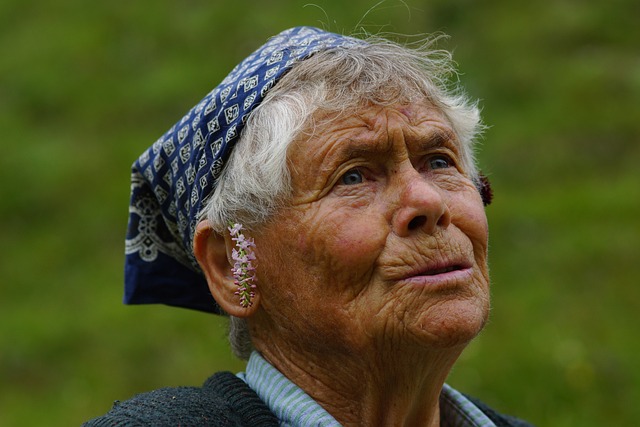Elderly companion services play a crucial role in supporting individuals with dementia by offering personalized assistance that addresses both their medical and emotional needs. These services help with daily activities, ensuring dignity, independence, and quality of life are preserved throughout the progression of dementia. They provide a consistent and comforting presence to manage symptoms, curb problematic behaviors, and enhance overall well-being. Companions aid in maintaining familiar environments, assist with tasks like meal prep and medication management, and empower individuals to remain as independent as possible. These services are instrumental in easing the burden on family caregivers and ensuring a safe, secure living situation for those with dementia. Trained providers of elderly companion services use specialized techniques to improve the quality of life for seniors with dementia, allowing them to age with dignity and receive empathetic and caring support.
Navigating the challenges of dementia can be a complex journey, deeply impacting the elderly and their families. This article delves into the multifaceted support system available through elderly companion services, tailored to enhance the quality of life for individuals facing this condition. From personalized care plans to the integration of technology for monitoring and assistance, we explore the critical role these services play in fostering social engagement, emotional well-being, and safety within the home environment. With a comprehensive look at legal and financial considerations, finding qualified providers, and the importance of trained caregivers, this article serves as a guide to understanding the full spectrum of support for those with dementia and their loved ones. Join us as we examine the transformative impact of companion services and the ongoing efforts to advance dementia care through innovation and advocacy.
- Understanding Dementia and Its Impact on the Elderly
- The Role of Elderly Companion Services in Dementia Care
Understanding Dementia and Its Impact on the Elderly

Understanding dementia is crucial for developing effective support services tailored to the elderly, who are disproportionately affected by this condition. Dementia encompasses a range of symptoms and neurological disorders that impact memory, problem-solving abilities, and daily functioning. As the condition progresses, individuals may experience significant changes in their cognitive abilities, leading to increased dependency on care and assistance. Elderly companion services play an instrumental role in this landscape by providing personalized support that addresses both the medical and emotional needs of those living with dementia. These services not only help with daily tasks but also offer a consistent presence that can be comforting for individuals navigating the challenges of dementia. The goal is to maintain the dignity, independence, and quality of life for each person, while ensuring their safety and well-being at every stage of the disease. Through companionship, dementia caregivers can engage with seniors in meaningful ways, fostering a sense of connection and belonging that is essential for emotional health. By understanding the complexities of dementia and leveraging companion services, families and healthcare providers can provide better support to the elderly, enhancing their overall experience with these critical support systems.
The Role of Elderly Companion Services in Dementia Care

Elderly companion services play a pivotal role in the realm of dementia care, offering tailored support to individuals navigating the challenges of dementia. These services are designed to provide a familiar and comforting presence, which is crucial for maintaining a sense of security and routine for those with dementia. Companions offer not only companionship but also assist with daily activities, ensuring that the individual can perform tasks such as meal preparation, medication management, and personal hygiene with support when needed. This hands-on assistance helps to alleviate some of the pressure from family caregivers and allows for a more consistent and caring approach to dementia care. Moreover, these services often employ specialized caregivers who are trained in dementia-specific techniques, which can help manage symptoms, reduce behavioral issues, and improve quality of life. By fostering an environment that is both supportive and understanding, elderly companion services contribute significantly to the well-being of individuals with dementia, enabling them to age with dignity and independence.
In conclusion, dementia’s profound impact on the elderly necessitates comprehensive support systems. Elderly companion services play a pivotal role in dementia care, offering not only practical assistance but also emotional and social engagement that enhances the quality of life for those affected. As the demand for such services grows, it is imperative to continue advocating for accessible, specialized care that addresses the unique challenges posed by dementia. These tailored support services are vital in fostering a dignified and comfortable existence for individuals with dementia, ensuring they receive the compassionate and attentive care they deserve.






